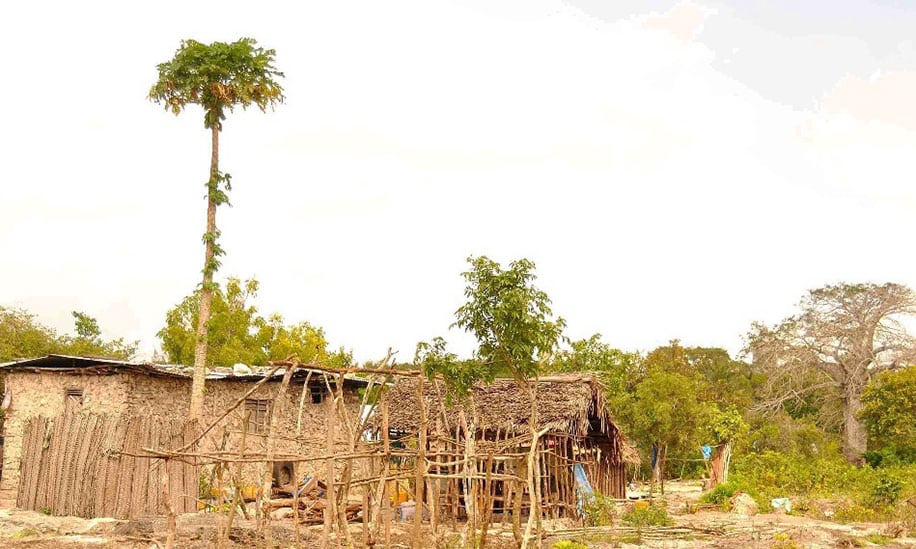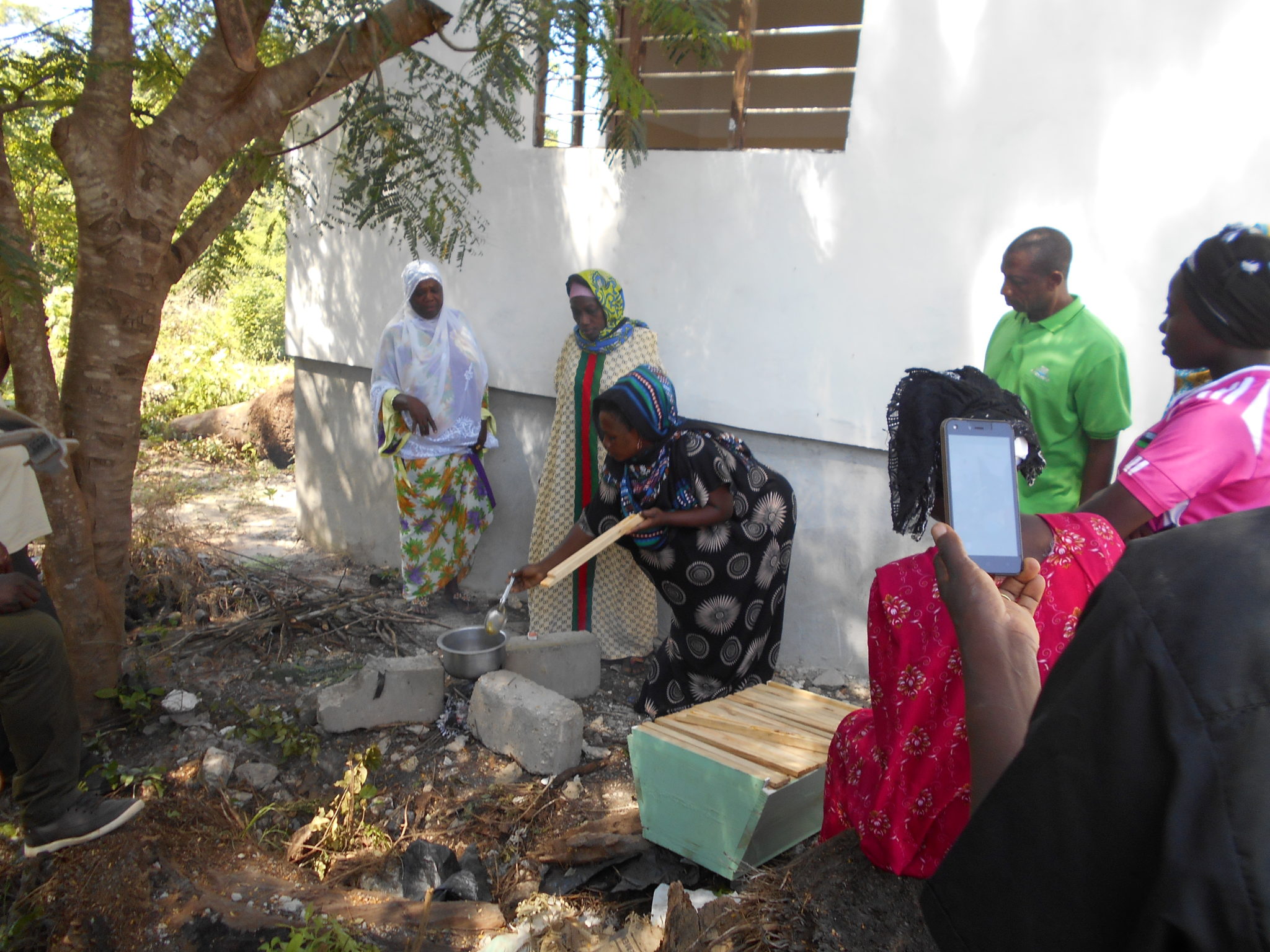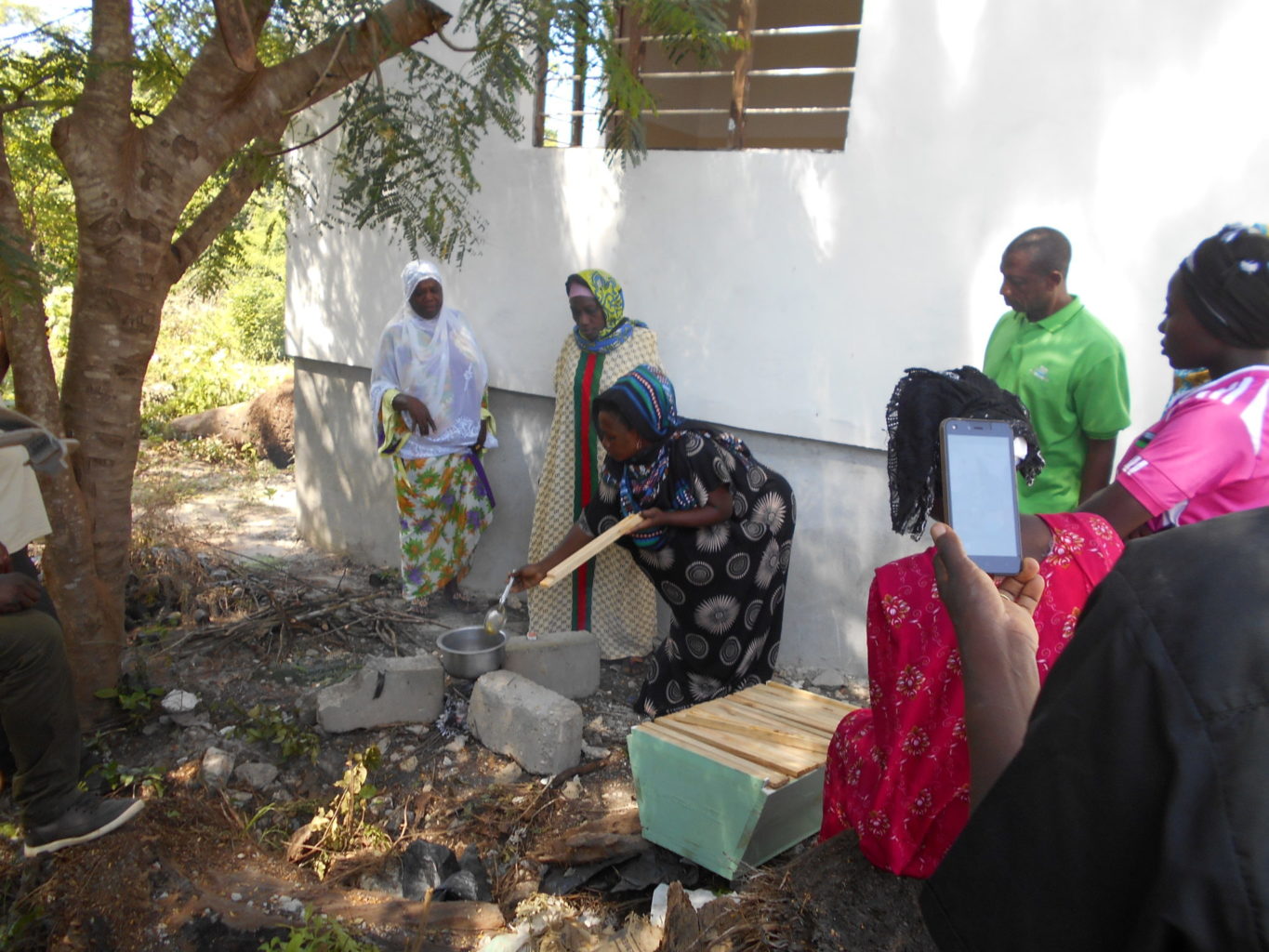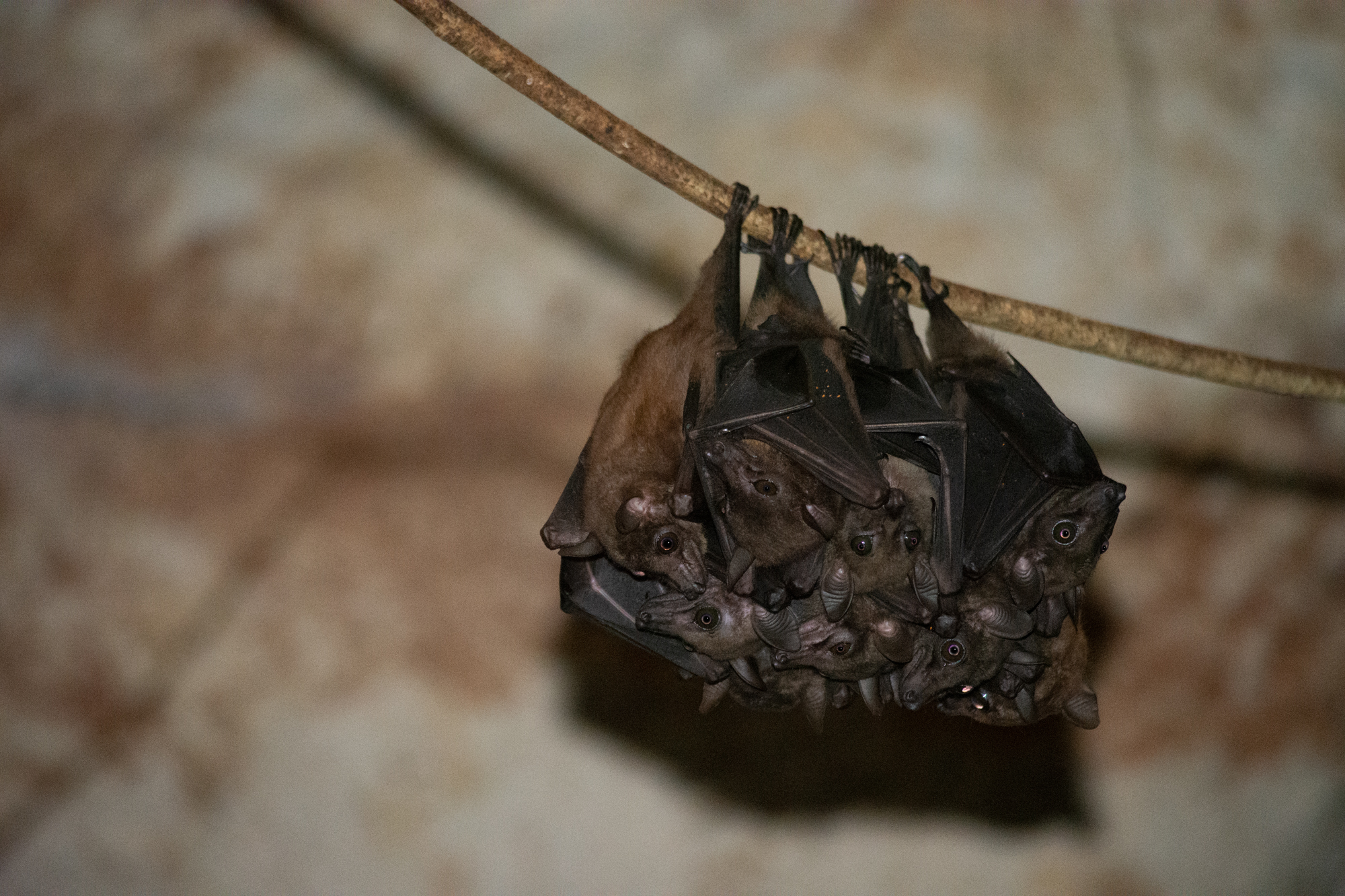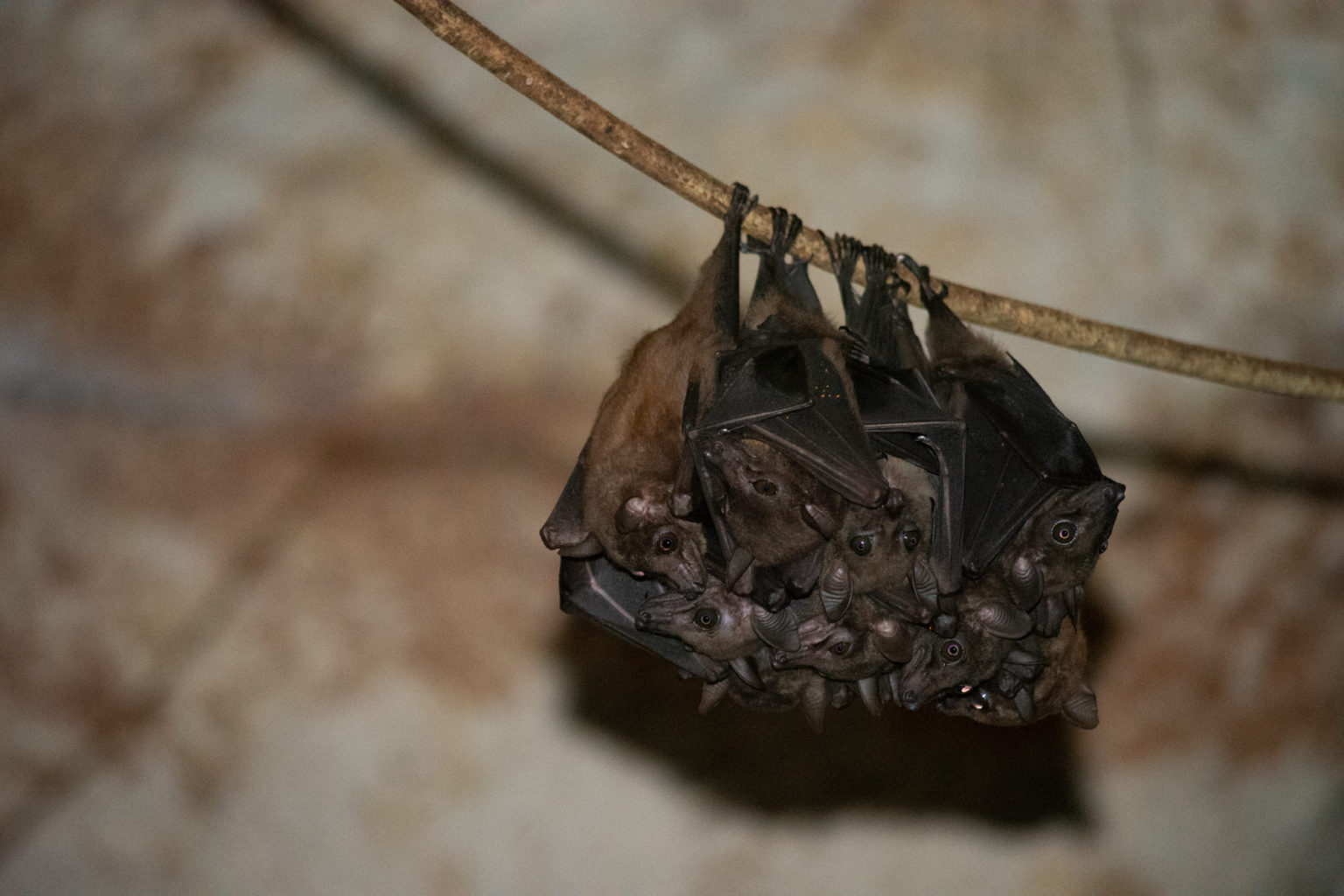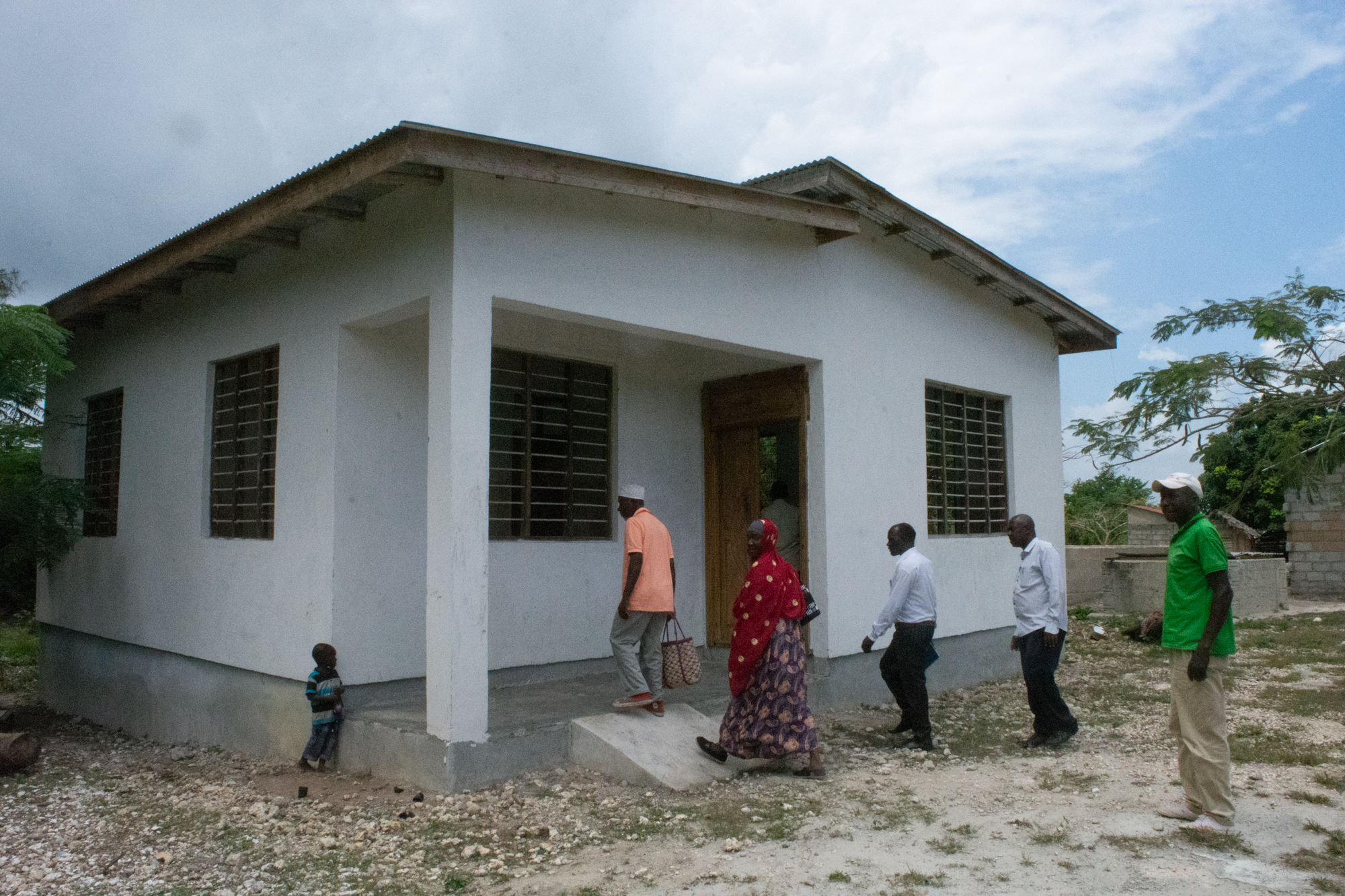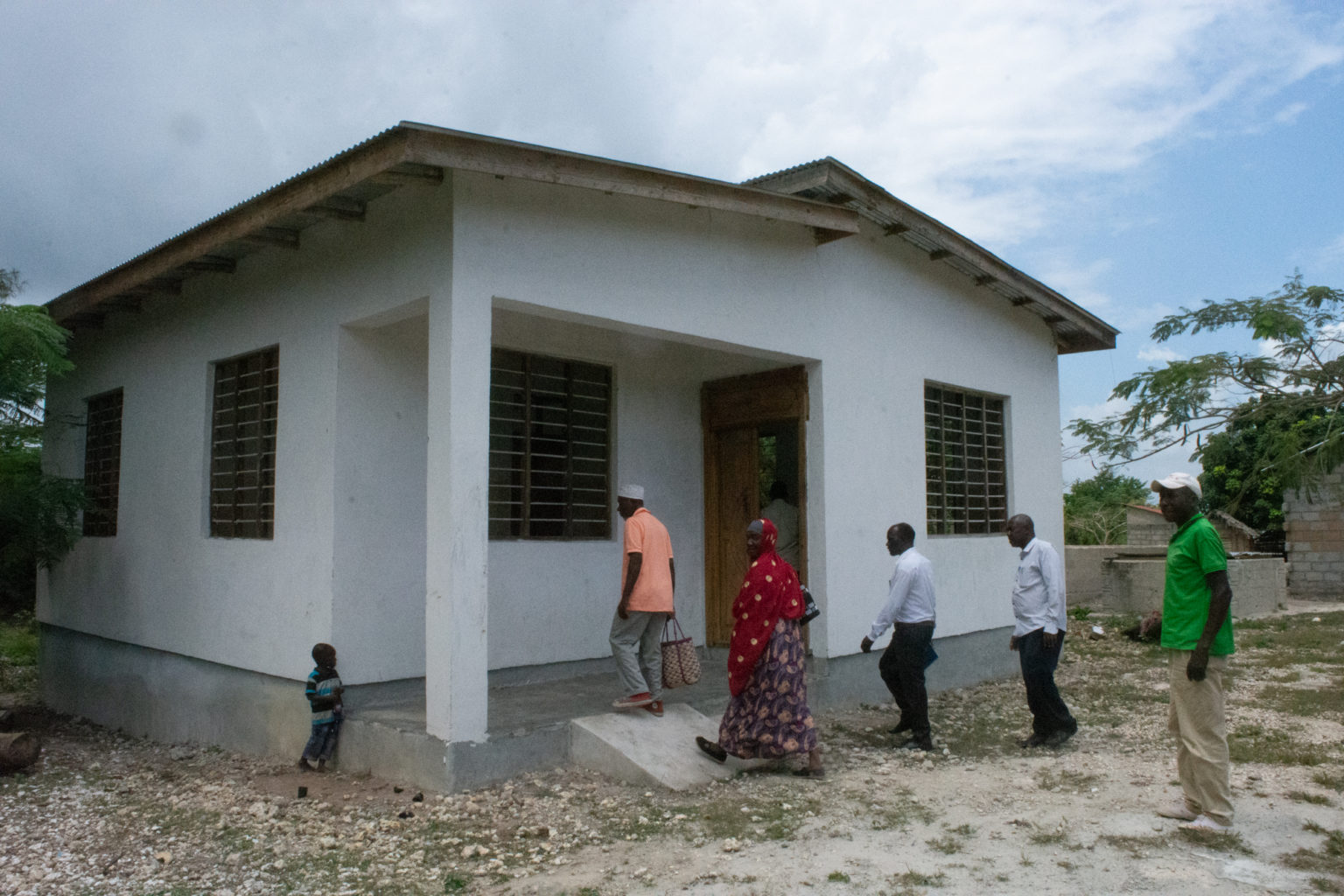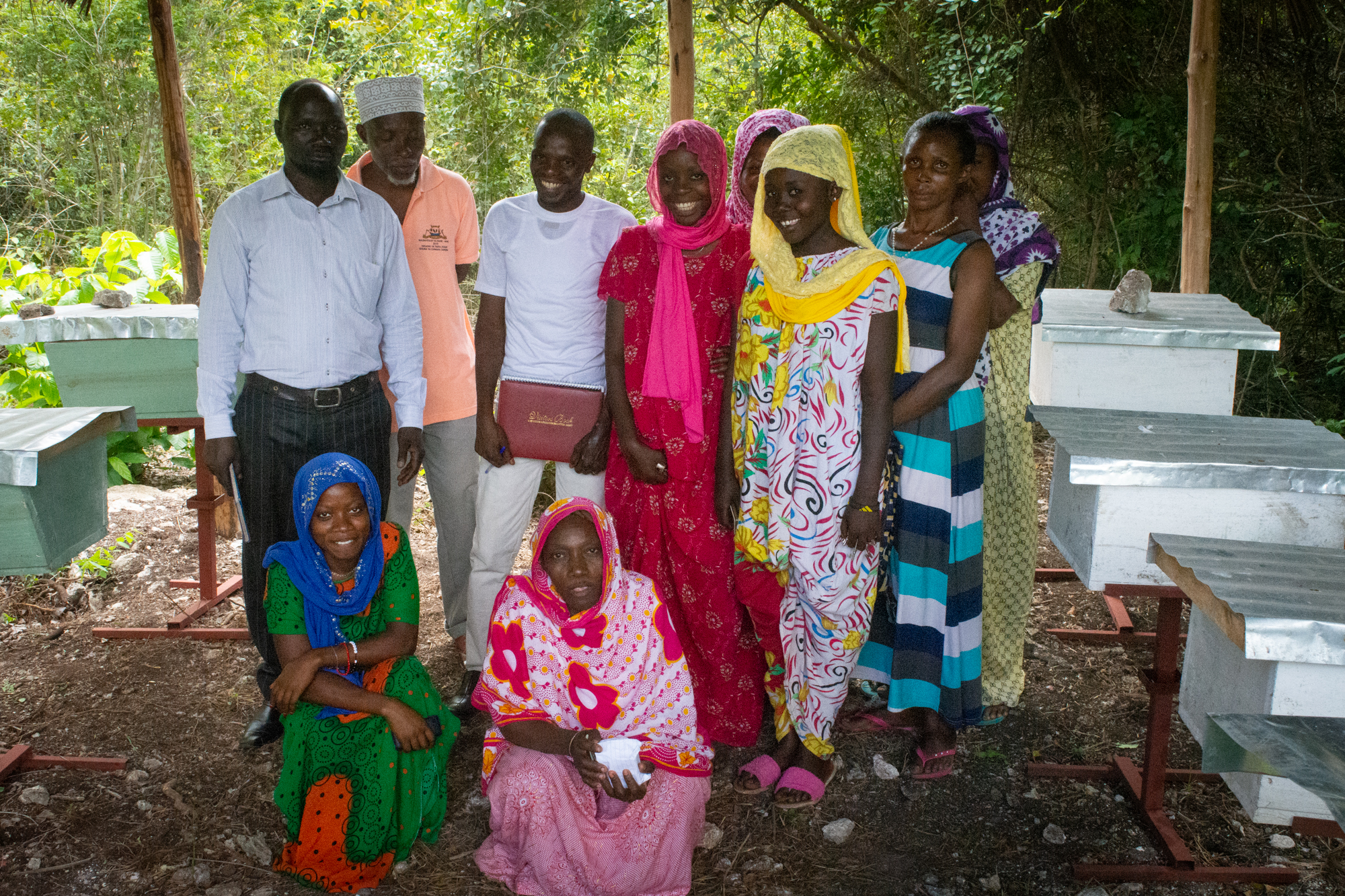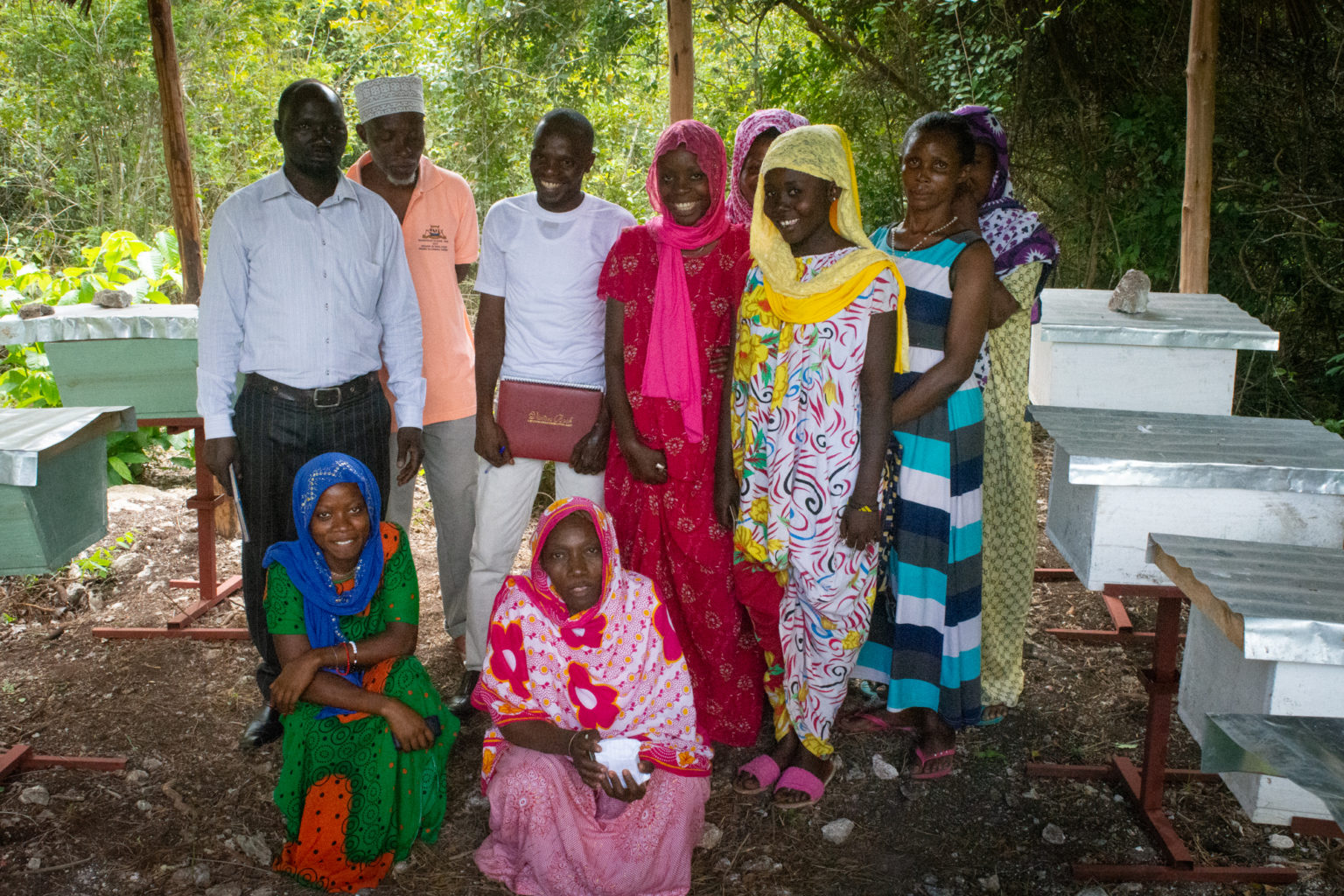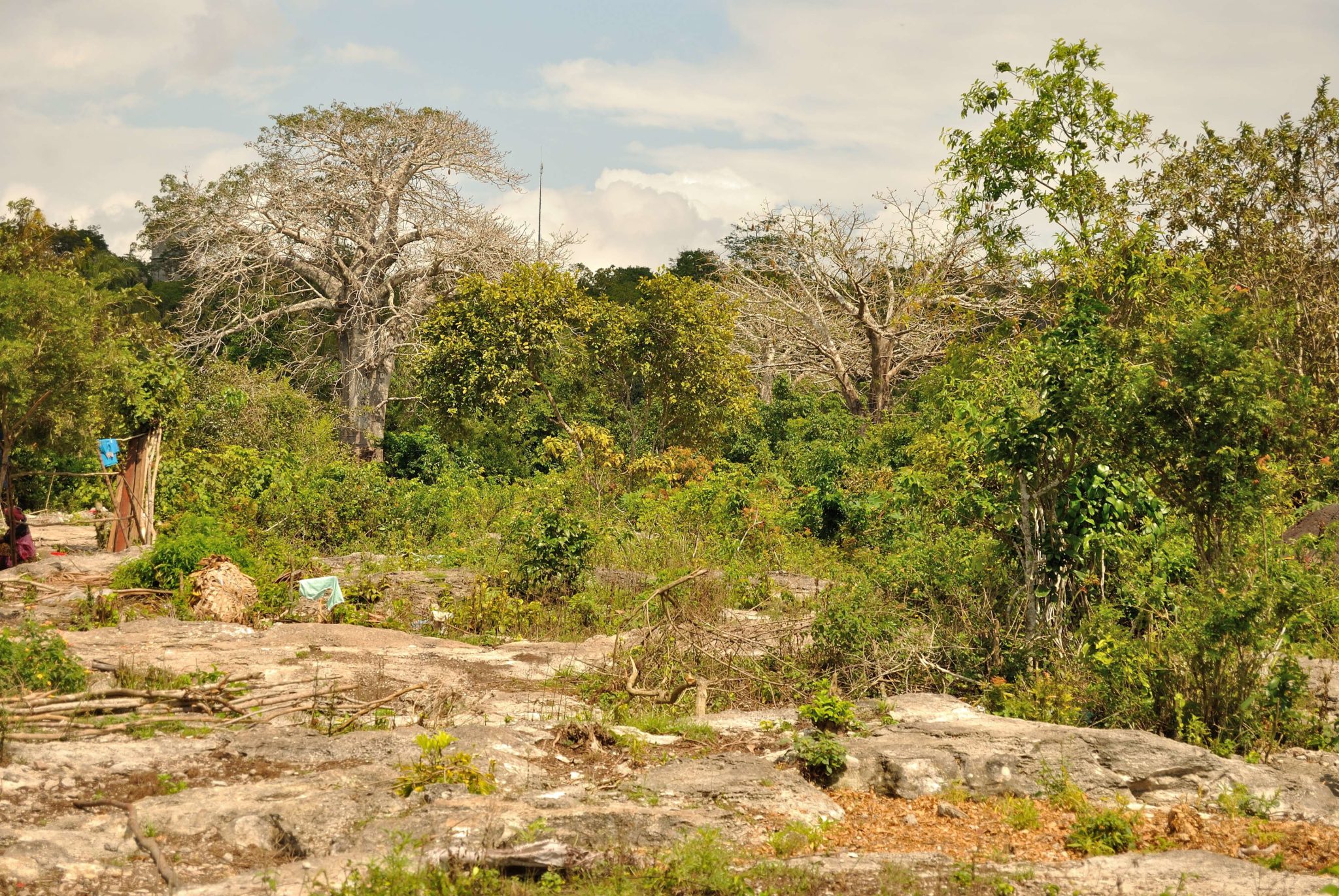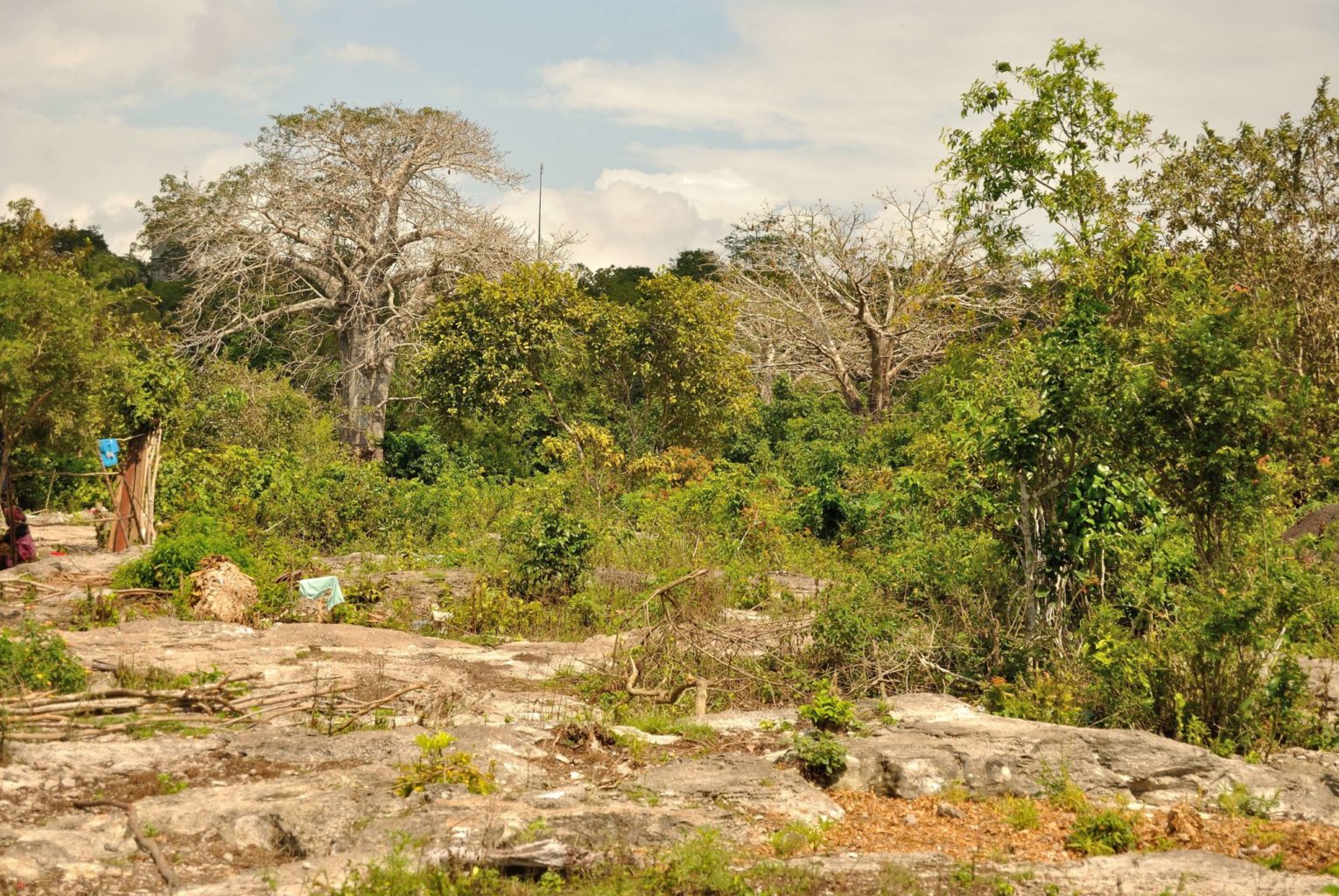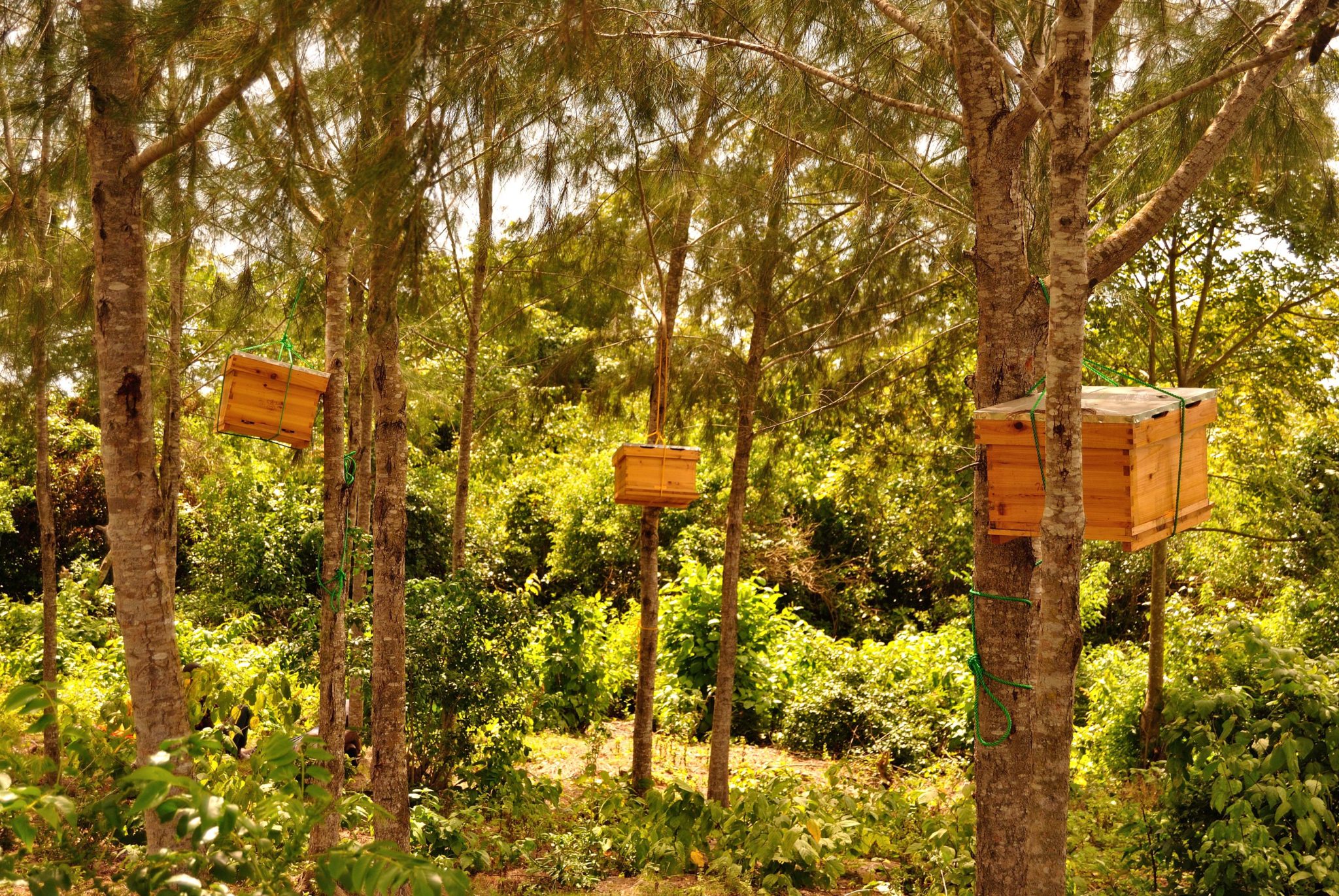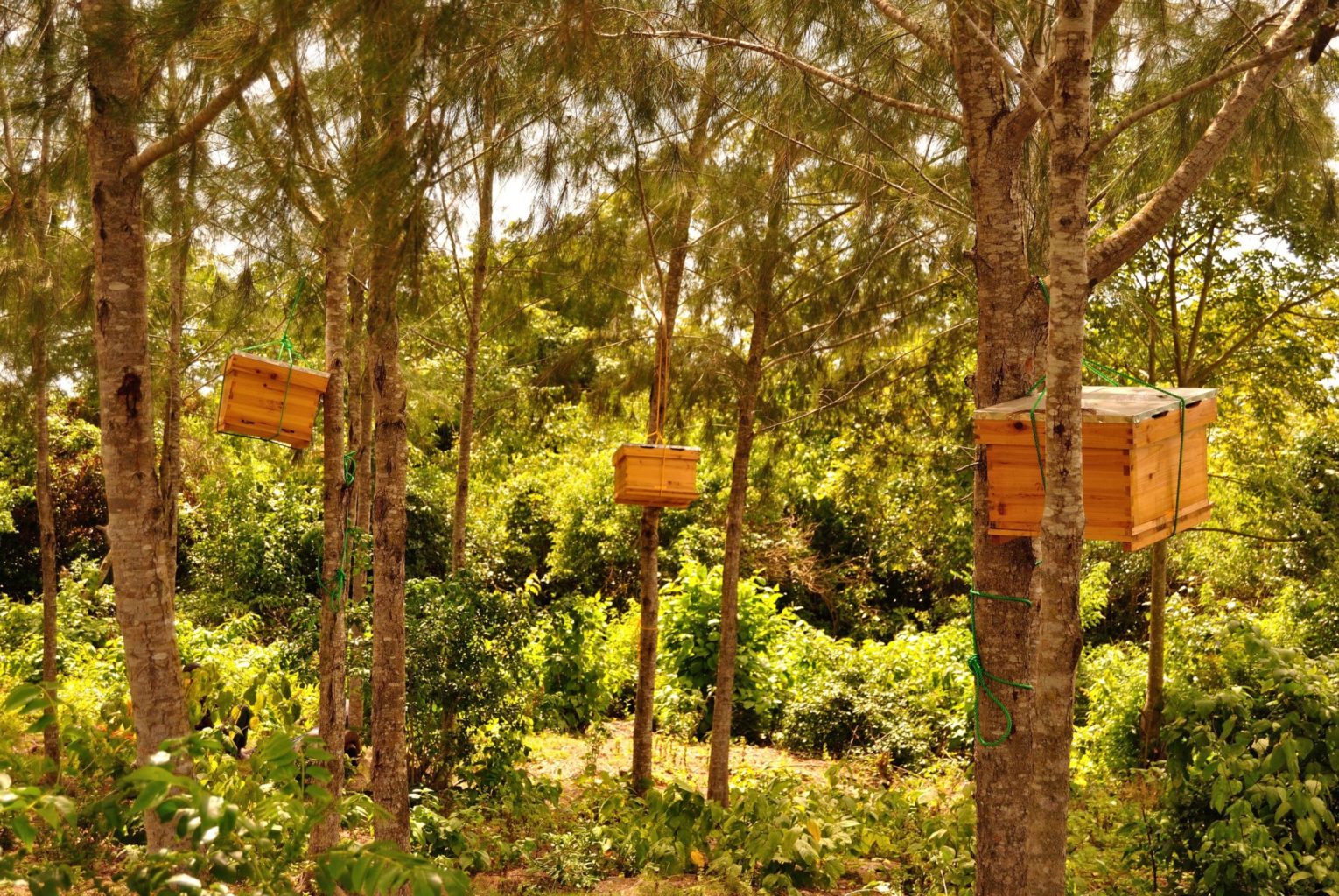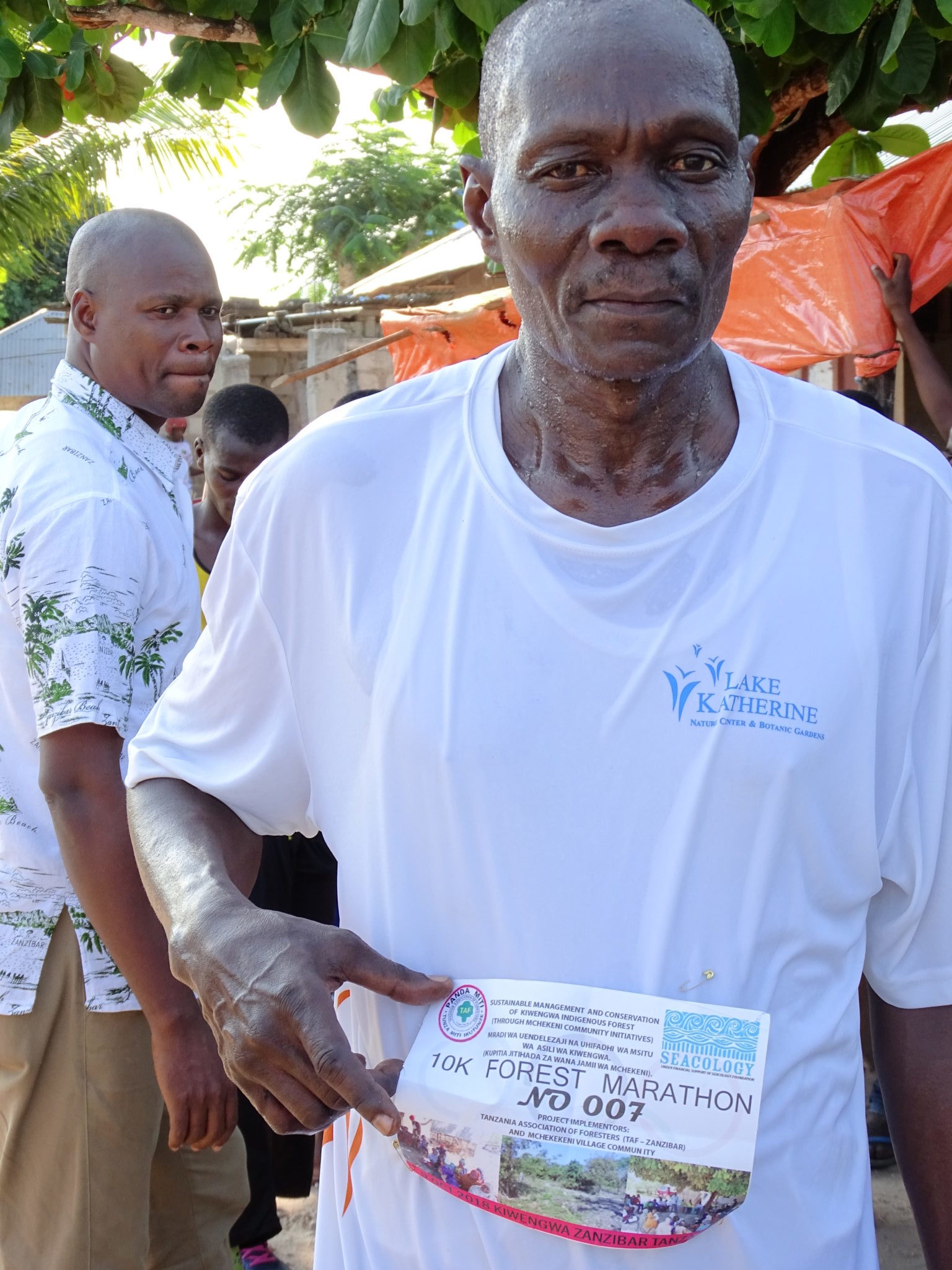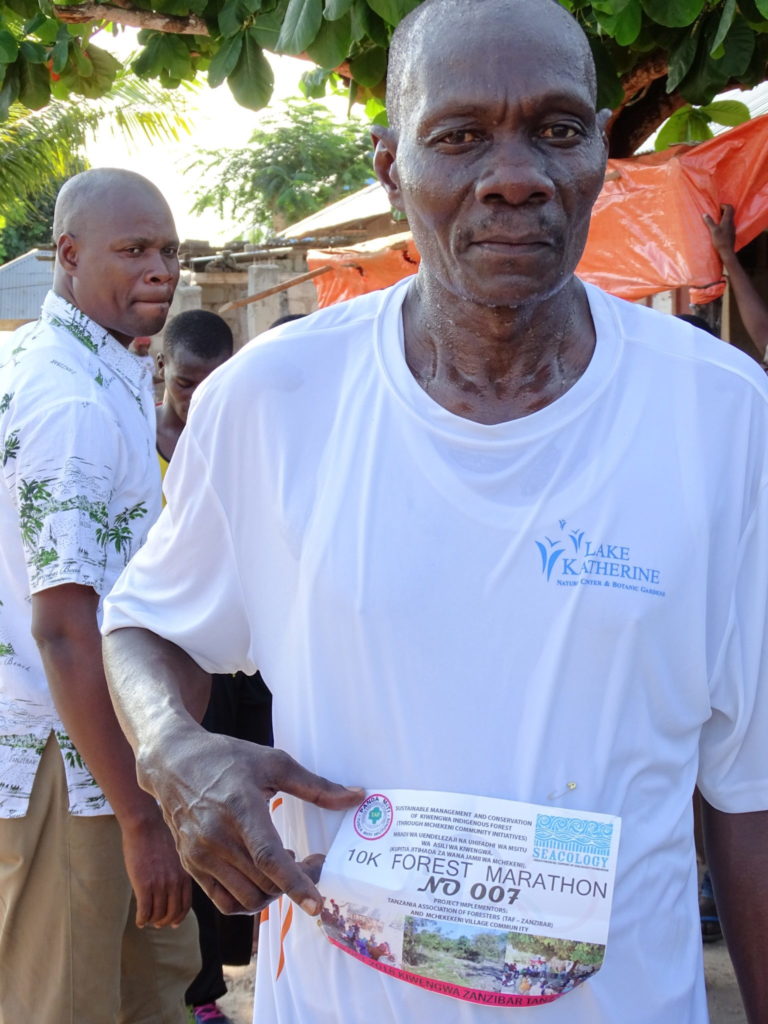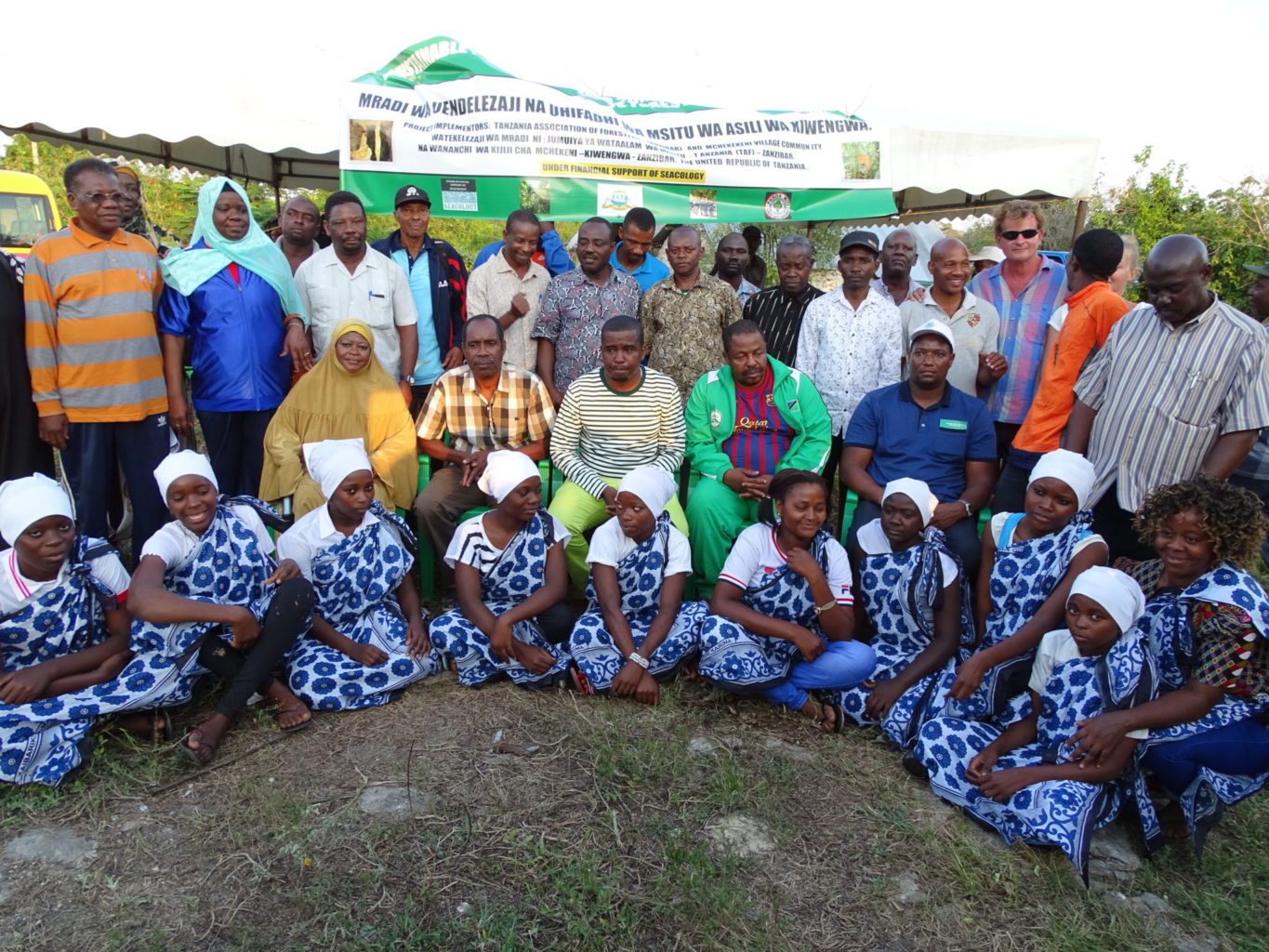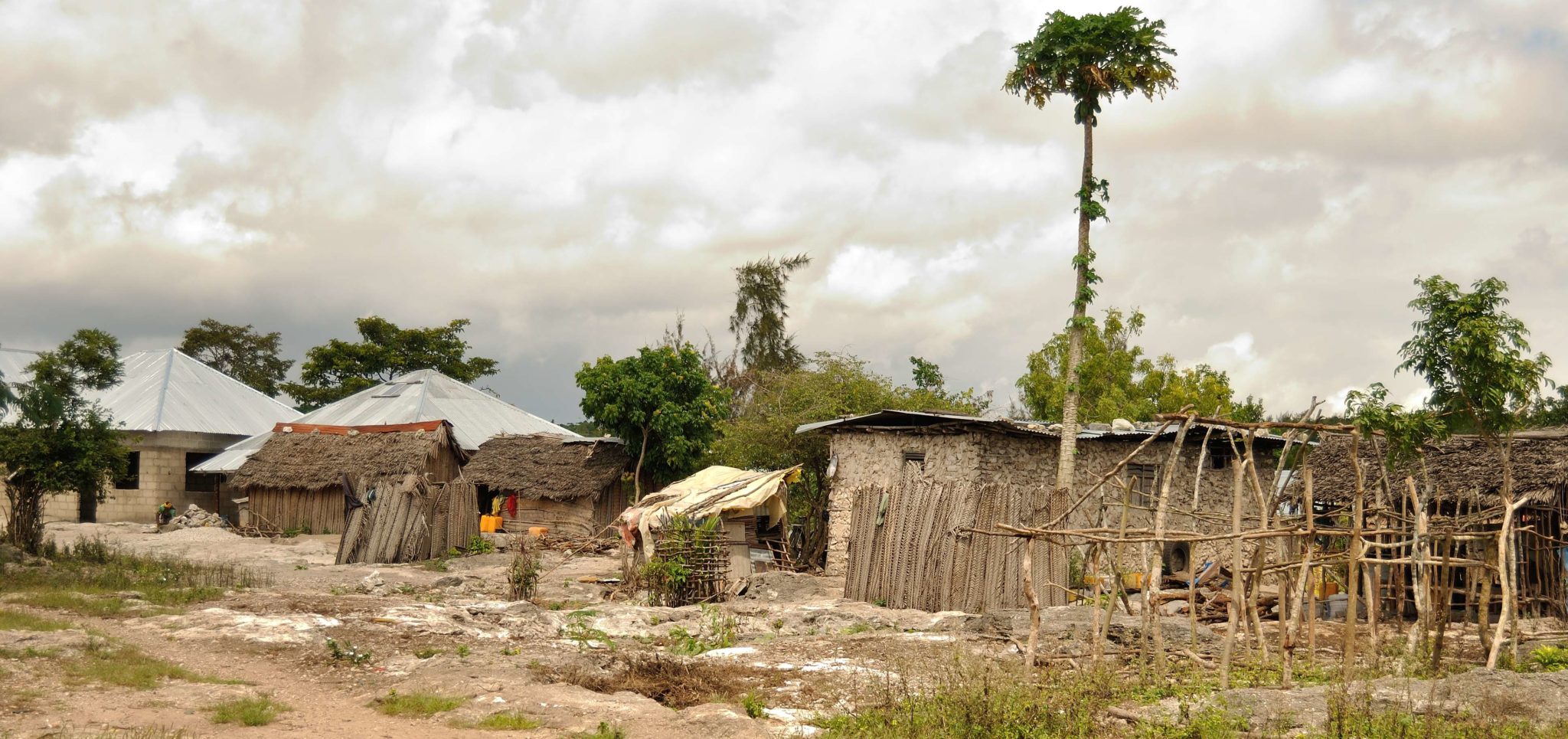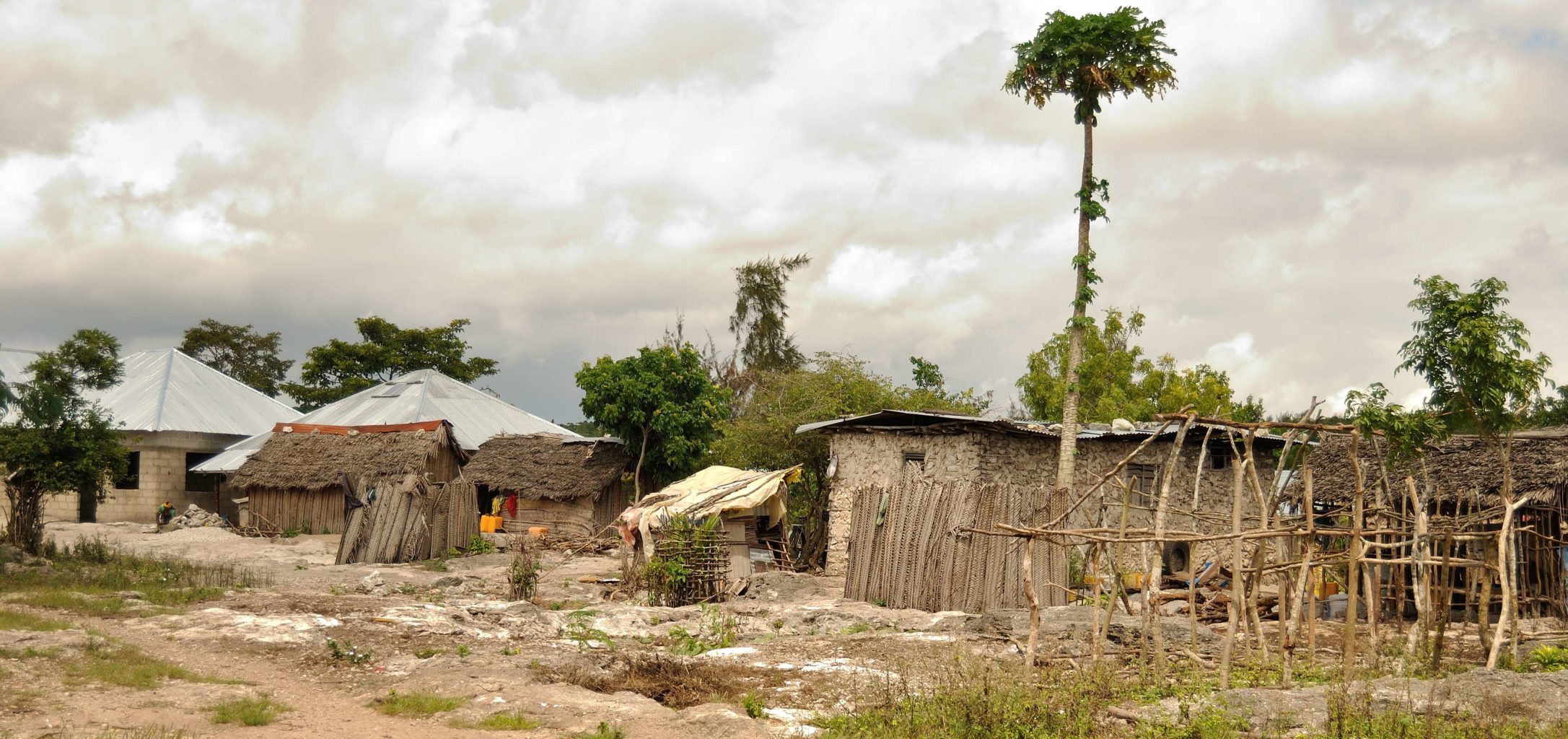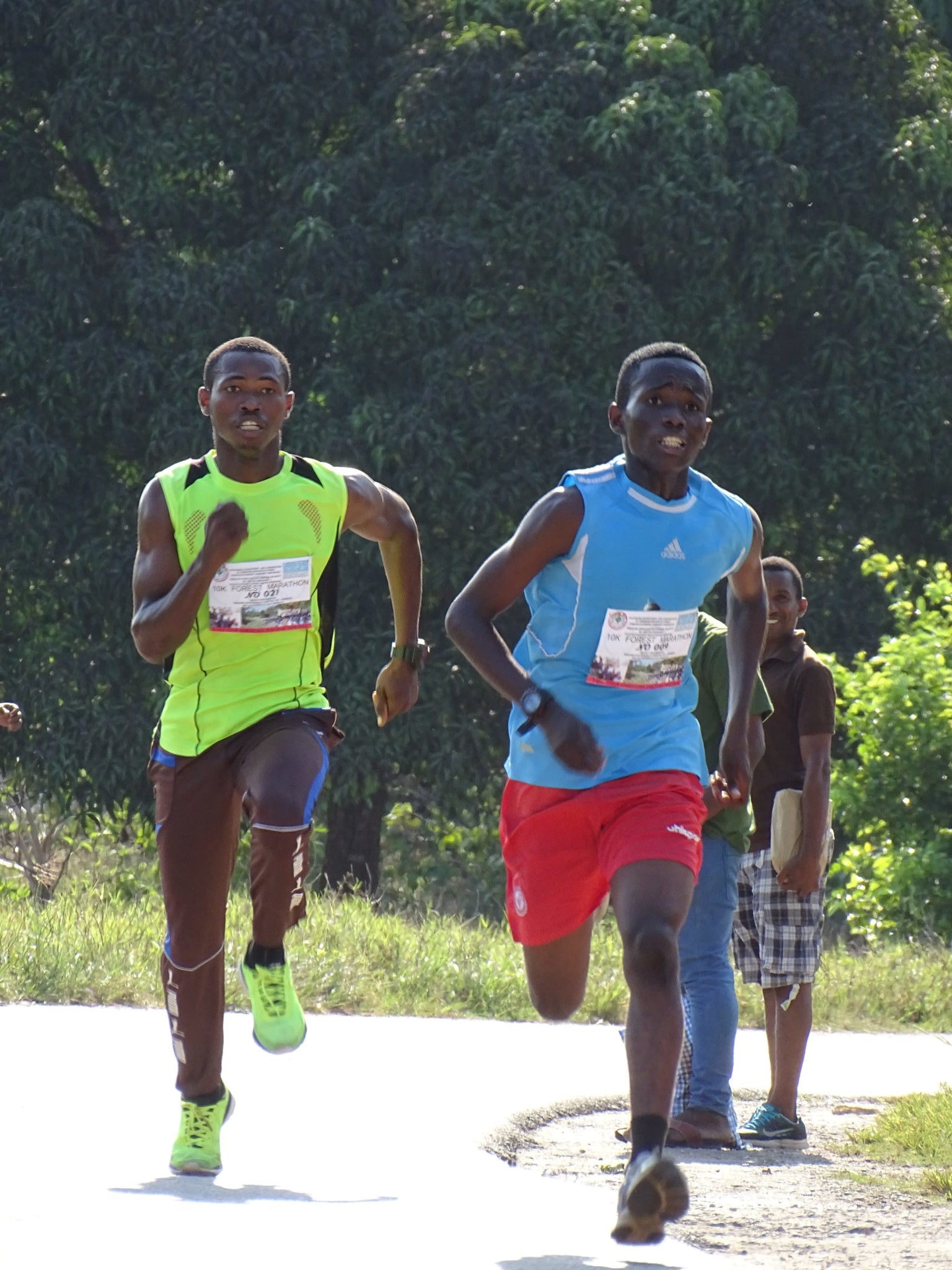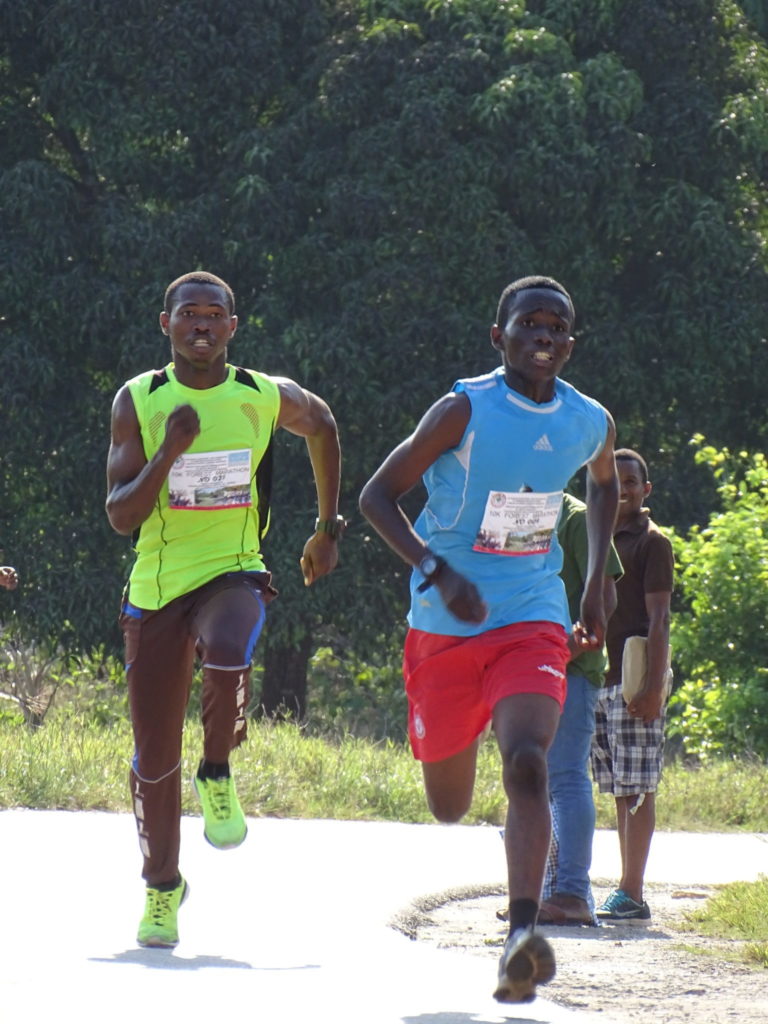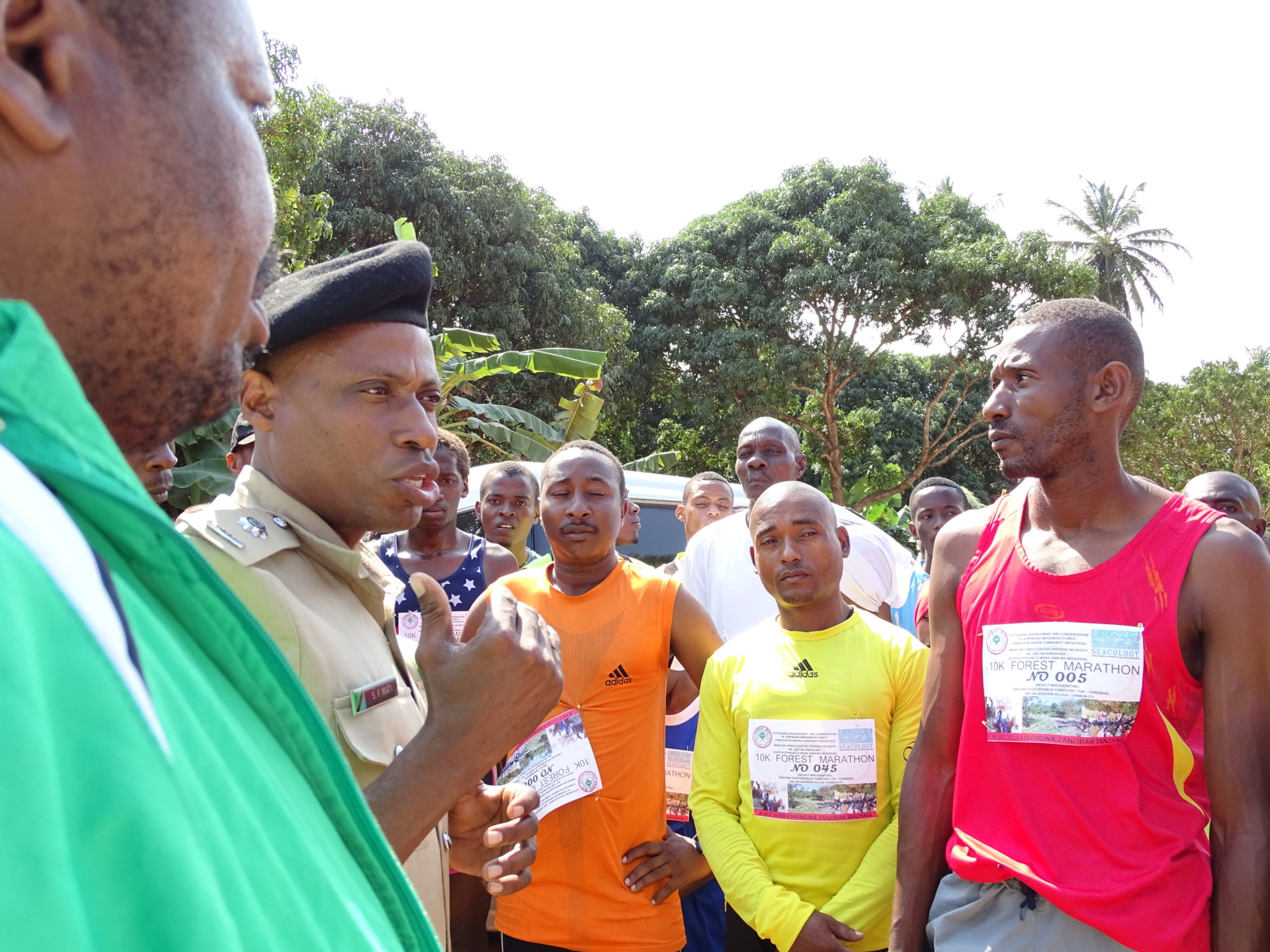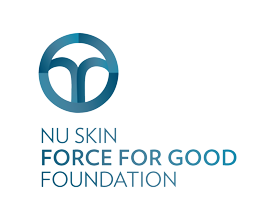The Kiwengwa Indigenous Forest, on Zanzibar’s main island of Unguja, is a coral rag forest—one that grows on the rubbly limestone of an ancient coral reef. It is recognized for its high biodiversity. Endemic species include the Zanzibar leopard, Zanzibar red colobus, and Zanzibar bushbaby. There are 47 bird species and 36 species of butterfly. Over 100 plant species are found there, many with high conservation or medicinal value. The forest also contains limestone caves that are important water catchments.
The forest is legally designated as a forest reserve. But it is surrounded by 15 villages and is under pressure from increasing demands for fuel wood, and land for agriculture and development. To protect it, existing regulations must be enforced and new ones developed. This project, submitted by the Tanzania Association of Foresters (our partner for the 2014 Masingini Indigenous Forest project), will engage the communities in management of the forest with local government.
A multipurpose community center, built in the village of Mchekeni (population 300), will facilitate environmental education, outreach, and alternative livelihood training, all of which will help reduce illegal clearing of the forest. Conservation education, stressing forest and water protection, will target six local schools.
The community will also use the center for planning sessions and livelihood trainings. Tourism already provides significant income for community members. The project will teach handicrafts, local dances, and forest tours. Experts will teach improved beekeeping techniques, supporting existing beekeeping efforts. There will be a demonstration apiary, and 40 beehives and honey collection tools will be provided.
Community members will also restore degraded areas of the forest by planting native species in at least 125 acres.


